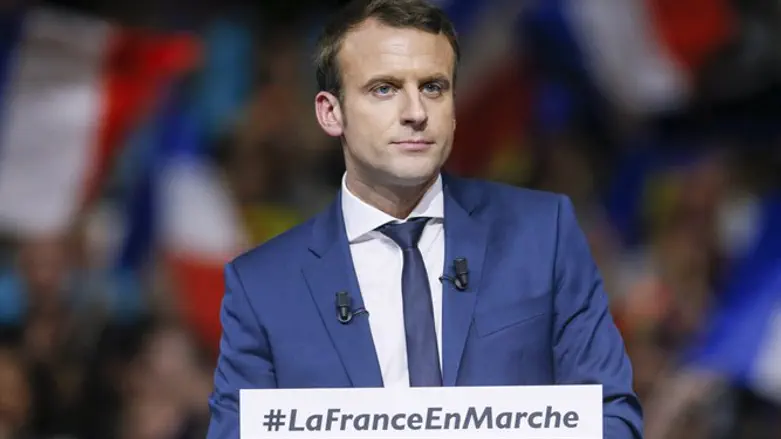
With 66% of electoral support, Emmanel Macron achieved an indisputable victory against Marine Le Pen. But the meaning of his victory is less clear.
A very small part of the voters embraced Macron’s vision of France. The majority voted mostly to block the way to Le Pen, who for various reasons is still massively rejected by the political class. Some see Macron as the spiritual brother of Justin Trudeau, even if he is less flamboyant. Macron wants to give optimism to his country. Those who are worried about populism will applaud him. Macron wants to be progressive. Those who have reservations about the globalization that deconstructs societies will be worried. Macron is comfortable with multiculturalism.
Eric Zémmour on the radio just said new France’s president is “Peter Pan at the Eliseo”. He then called Macron “the eternal youth syndrome, the God of the consumer society”. The French-Canadian intellectual Mathieue Bock-Coté spoke of Macron as the president of “liberal consensus” who won in the name of “diversity”. Francois Xavier-Bellamy defined Macron as “the France which forgets”, the France which chooses the “cultural euthanasia”. Ivan Rioufol, a well known columnist at Le Figaro, wrote that Macron is the expression of the “bourgeois urban left”.
Mr. Macron apparently does not consider radical Islam a national threat and, for him, the French nation and culture, does not really exist. A few weeks ago, the Areo Magazine ran a long essay titled “How French intellectuals ruined the West”. The term “postmodern” was coined by Jean-François Lyotard in his 1979 book, “The Postmodern Condition”. He defined the postmodern condition as “an incredulity towards metanarratives”. Then we have in Michel Foucault, the philosopher often quoted by Macron, “the most extreme expression of cultural relativity read through structures of power in which shared humanity and individuality are almost entirely absent”. Jacques Derrida then introduced the concept of “deconstruction” and he too argued for “cultural and personal relativity”. These are the roots of Macron’s cultural relativism.
Even Macron’s personal family, his childless marriage with a woman thirty years older, is the symbol of the “diversity of family configurations”, as the New Yorker recently said: “Married couples, couples in civil unions, co-habitating couples, parents who are together, parents who are separated, single-parent families, blended families, and same-sex-parent families”. In the sterile and dying Europe, this is not a good auspice.
Welcome to the “macronization of France”, as Richard Millet called it. A phenomenon applauded by a slap of actors, singers, sportsmen, socialists, financiers and writers. Macron is everyone you want: left, right, center, hetero, homo, intellectual, pragmatic. Macron is empty, Macron is the fashionable vacuum.
The fate of Macron’s presidency will be now decided by his political alliance. If he goes to the centrist-right, he might do some good things. If he goes to the left, he will be another Francois Hollande. But his postmodernism will tear down the last vestiges of the French Republic. It will be the definitive submission to the muezzin of the globalized élites.